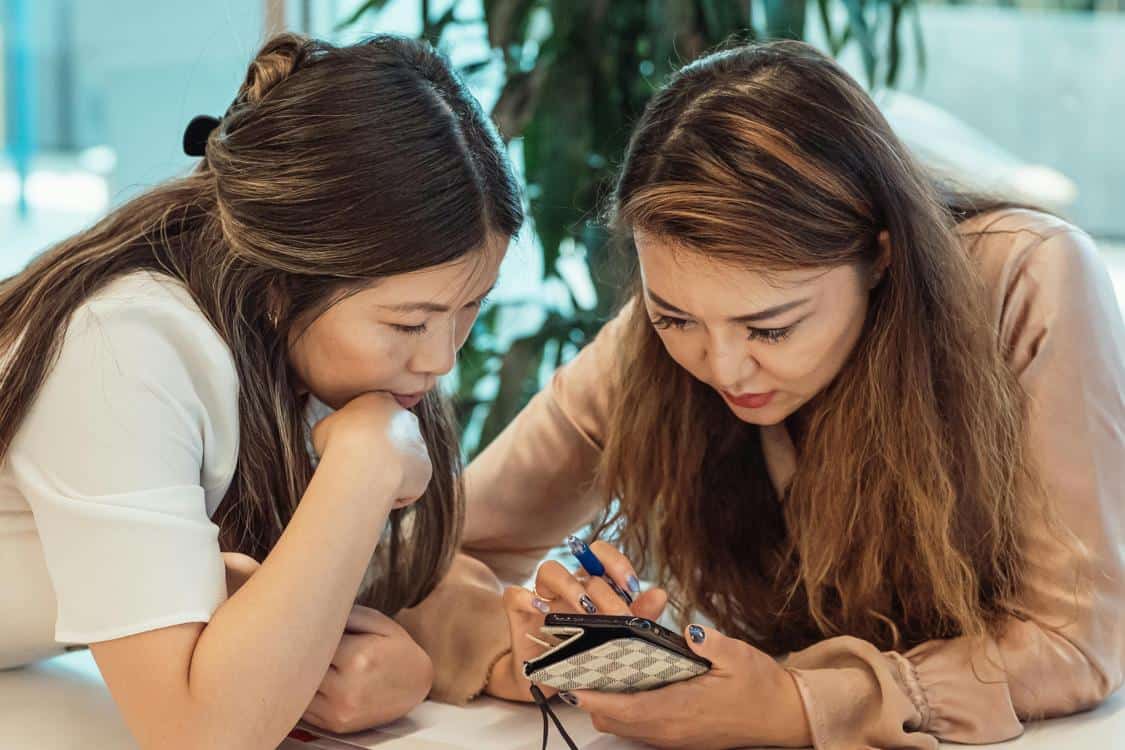The emphasis on education and career success can be a culture shock for some newcomers. Likewise, the lack of personal space in Singapore can be uncomfortable for those used to larger living spaces.
Punctuality is a valued trait in Singapore, and being late for social events or business meetings can be off-putting. It’s important to exchange business cards when first introduced.
Dos and Don’ts
When relocating to Singapore, there is a certain amount of etiquette that should be followed in order to maintain harmony and maintaining a career in Singapore. Locals take pride in their country’s laws and adherence to standards and they expect those who live here to do the same. By following these dos and don’ts, anyone can enjoy living in Singapore like a local.
While it is common to greet others with a handshake, a firm yet gentle touch on the shoulder or back is more appropriate in this culture. Casual touching is generally reserved for close friends and family members. In general, avoid touching someone’s head as this is considered sacred. It is also impolite to point with your feet or shoes and to pat someone on the head, even children. This is because Asian cultures view lowly feet as dirty and touching someone’s head might be seen as a display of disrespect.
In workplaces, there is a strong emphasis on punctuality and being respectful of authority. It is best to arrive on time for social events and business meetings, and call if you will be late. In addition, it is important to show your respect by not disagreeing or correcting your superiors in public. The work culture in Singapore can be more formal and fast-paced than in Western countries.
The culture in Singapore is a mixture of Malaysian, Indian, and Chinese cultures, so it is important to be aware of how religious or political conversations may offend your colleagues or coworkers. It is also a good idea to keep the volume of conversations at a moderate level in public, and to address elders as “uncle” or “auntie.”
When using public transportation, remember that it is customary to give up your seat to older people, pregnant women, and those with disabilities. It is also courteous to wait until the ride is completely finished before opening your bags or eating. Additionally, it is considered rude to chew gum in public as it can distract others and potentially cause a mess. It is recommended to use mints or mouthwash instead. In addition, smoking is strictly prohibited in public places and you can face a fine for doing so.
Personal Space
Singapore has been dubbed “a little bit of heaven on earth.” From its towering buildings and rapid development to its greenery and vibrant culture, it’s an incredible city in every way. However, newcomers who relocate to this bustling metropolis may experience some culture shock based on the city’s strict laws and unique cultural norms.
Personal space is a key aspect of Singapore’s culture. The city’s residents take cleanliness seriously, and many will remove their shoes before entering someone’s home or a place of worship. They will also be careful not to track in any outside dirt when going from one place to another.
Moreover, the idea of face is a major factor in many interactions between people in Singapore. This concept refers to a person’s reputation, character and status in the eyes of others. It can be given, taken away or lost and is important to the way in which people interact. This can be seen in how they treat their parents, teachers and even coworkers.
Because of the importance of maintaining a respectable reputation, it is important for individuals to dress nicely in public. This includes dressing in clothes that are clean and not overly revealing. In addition, a person’s hair should be neatly groomed and kept out of the face. The use of perfume or cologne is also discouraged in public, as it is perceived as inappropriate.
The high cost of living in Singapore can also be a culture shock for some expats. It is important to budget for these expenses and prepare accordingly before moving to the city.
The best way to overcome culture shock is by building relationships with fellow expats and locals alike. This can be done by joining a social club, such as the American Club Singapore. Additionally, a good way to learn about Singapore’s cultural norms is by exploring the city’s diverse cuisine. Ask a Singaporean friend to take you to their favorite Chinese restaurant, or invite an Indian friend over for a home-cooked meal. This is a great way to get a feel for the unique cultures that make Singapore such an amazing place to live.
Etiquette in Public Spaces

As in most Asian countries, there is a large emphasis on the importance of respecting elders and people with senior positions within the community. This is especially true in Singapore where the elderly have an especially high status and it’s a good idea to acknowledge them with a slight bow or handshake when meeting them.
Non-verbal communication is also very important in Singapore. A lot of the time, Singaporeans will rely on facial expression and body language to gauge how you feel about something they’re saying rather than verbally communicating with you. This is why it’s a bad idea to frown or scowl when you’re talking to someone because this will likely be perceived as rude.
In terms of greetings, it’s common to shake hands with everyone in the workplace but, if you’re dealing with someone from a different ethnicity, it may be best to use the traditional Malay “Salaam” (bowing the head) instead. When you’re at someone’s home, it’s customary to remove your shoes as soon as you enter. This is not only considered polite but it’s also hygienic, as it will help prevent the transfer of any germs. When you’re eating with a group of friends, it’s usually polite to wait for the elders to finish their meal before beginning your own.
It’s also considered rude to talk loudly when in public spaces, and it’s important not to chew gum in front of others. Finally, it’s a good idea to avoid yawning openly in public, as this is often perceived as a sign of disrespect.
For newcomers to Singapore, the city-state’s strict laws and strict adherence to rules might seem strange at first but, in reality, it helps keep the country safe and clean for everyone to enjoy. For example, it’s against the law to litter and you could receive a fine of up to $500 for putting your garbage in an inappropriate spot! This is just one example of the ways in which Singapore takes pride in its pristine streets and culture. It might take a little getting used to at first, but once you adjust, you’ll find yourself enjoying this unique and welcoming way of life in the heart of Asia.
Cultural Sensitivities
The diversity of culture in Singapore may be a cultural shock for newcomers, and the differences can be difficult to adjust to. However, a respectful approach to these differences can lead to a smoother transition and foster a greater understanding of the unique cultural norms in Singapore.
It is important to avoid pointing or touching people’s heads or faces, as this is considered invasive in Singapore. In addition, it is advisable to keep eye contact during conversations to show that you are listening. Also, it is appropriate to address an individual by their title and surname unless they specifically ask you to use their first name. In business, a firm handshake is customary. It is best to start with a formal greeting and wait for the other person to initiate more casual greetings.
Similarly, it is important to understand the importance of respecting religious beliefs in Singapore. Although the majority of Singaporeans are Buddhist, the country is home to a diverse range of religions and ethnic communities, with more than 95% of citizens reporting that they enjoy freedom of religion.
The multicultural nature of the city-state has allowed for a harmonious co-existence between different ethnic and religious groups, with respect for one another’s traditions and customs. It has helped to promote tolerance and inter-religious understanding, which is particularly important in a densely populated, urban setting. In fact, Singapore was ranked first worldwide for inter-religious harmony by the Pew Research Centre in 2014.
A significant aspect of the culture of Singapore is the emphasis placed on education and career success. This may be a cultural shock for people from regions that have more laid-back attitudes toward these issues. In addition, the pressure to excel academically and professionally can be overwhelming for newcomers who are unfamiliar with this culture.
The country has a wide range of public holidays and observances, which can impact business operations. Some of the most significant include New Year’s Day (1 January), Labour Day (1 May), Hari Raya Puasa (Eid al-Fitr) and National Day (9 August). In addition, the country has a number of religious festivals celebrated throughout the year, including Chinese New Year, Diwali, Thaipusam, Vesak and Buddha Jayanti.





